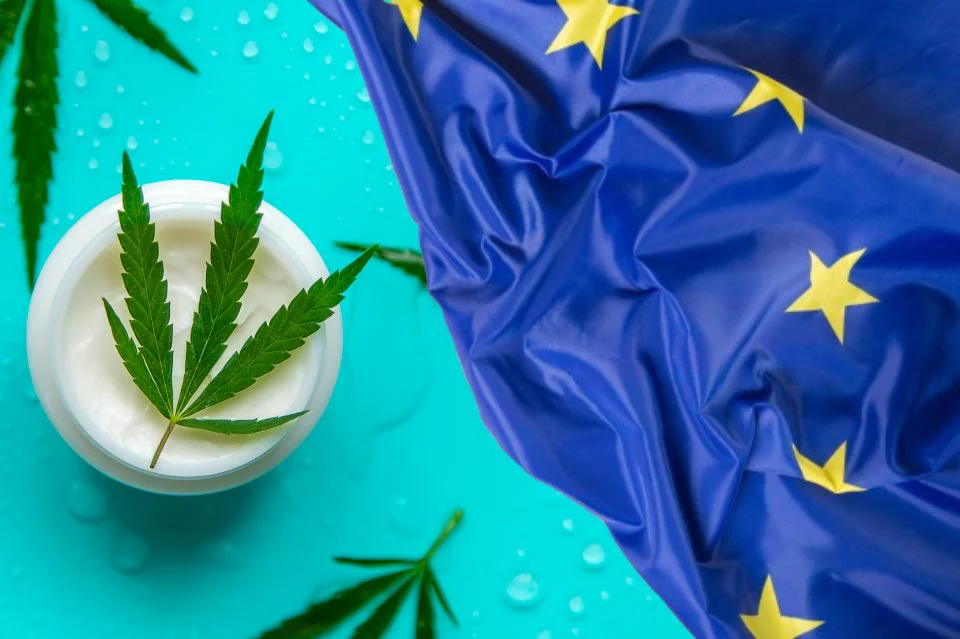The European Commission has blocked the Czech government’s plan to classify technical hemp products—such as ointments, oils, and tinctures—as psychomodulatory substances. The proposed regulation would have limited sales to specialized shops for customers over 18, banned advertising, and restricted exports starting from July 1. However, the Commission ruled that the measure conflicted with EU laws and international drug control treaties.
Following this decision, the Czech Ministry of Health confirmed it would revise the regulation, removing hemp and hemp extracts with THC levels below 1% from the list of psychomodulatory substances.
The decision was welcomed by small producers, who feared they would be forced to pay annual licensing fees of CZK 200,000, leading to market monopolization by large companies. Hemp advocates had warned that the restriction could crush small businesses and limit access to products with minimal psychoactive effects.
Even the National Anti-Drug Headquarters supported the EU’s stance, noting that CBD, the main component in technical hemp, is not addictive and has no intoxicating effects. Experts and addiction specialists emphasize CBD’s potential therapeutic benefits, including pain relief and muscle relaxation, though they caution against overstating its effects.
While the EU rejected restrictions on hemp, it did not object to the Czech plan to regulate kratom, a psychoactive substance derived from the leaves of Mitragyna speciosa. Kratom is popular among students and athletes, but experts warn of its addictive potential. The Czech Republic, now the largest importer of kratom in Europe, is expected to formally regulate the substance by the end of the year.

